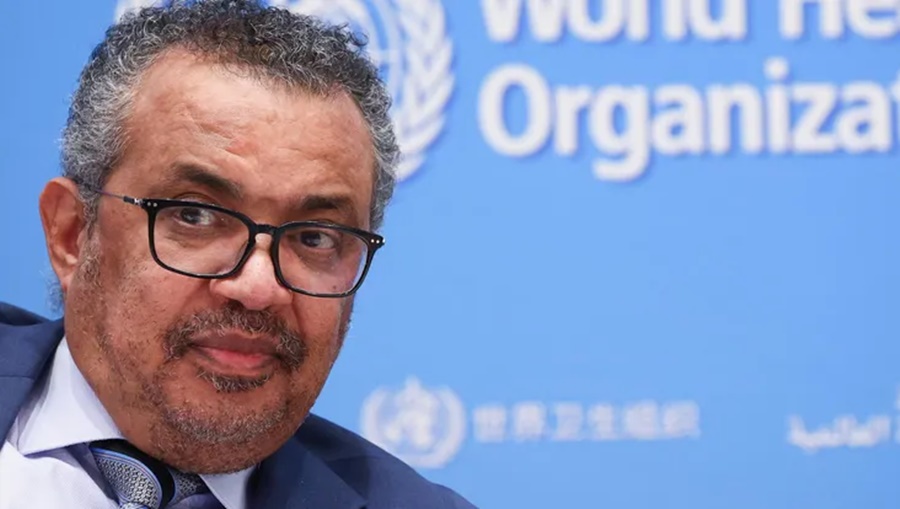According to criticism from researchers: monkeys are to be renamed
The outbreak of the monkey quit virus is wrongly associated with African countries - this is what a group of international researchers says. The WHO reacts to the criticism.

The World Health Organization (WHO) is working on changing the name of the monkey compartment virus. Suggestions for new names should take place as soon as possible, who boss Tedros Adhanom Ghebreyesus said on Tuesday in front of journalists in Geneva. Previously, 30 scientists had called for a “non -discriminatory” and “non -stigmatizing” names.
The WHO also wants to examine the proclamation of an international health emergency due to the increasing spread of monkey quantities. “The monkey outbreak is unusual and worrying,” said Tedros.
Human-to-human transmission atypical for virus
The name debate was triggered by a publication in the “Virological” science forum. In it, an international group of 30 researchers primarily criticizes the subdivision of the well -known virus variants into only two pedigree lines, a “West African” and a “central African”.
However, the current outbreak in European countries cannot be clearly attributed to Africa, the scientists argue that the virus has hardly been monitored beforehand. In addition, the frequent transmission of human-to-human is a new phenomenon-atypical for the older variants that have occurred in African countries for decades.
The scientists therefore propose to identify variants more precisely and to introduce a new name for the virus. The researchers see the chance to “break with the name of monkeys and the historical associations associated with this name”. They ask the media not to use pictures of infected people on the African continent in reporting on the outbreak in European countries.
Misleading name – virus particularly common among rodents
In fact, the current names contradict the guidelines formulated by the WHO in 2015 for “naming new human infectious diseases”. In it, the WHO recommends that neither animal species nor geographical places as the namesake.
Until May the virus and the disease, both are to be renamed, were almost exclusively known from Africa, but the name was already misleading: the virus in Denmark was first demonstrated at monkeys in Denmark in 1958. However, according to today’s knowledge, it should be more common among small rodents. The monkeys are only considered a malfunction. In it, further development is impossible and/or from it the pathogen cannot be absorbed by an end host.
Who considers “health emergency”
WHO boss Tedros stated that the situation required a “coordinated reaction” of the whole world. International experts “will help us understand the virus better”. According to the WHO regulations, the now considered “health emergency with international scope”-according to the official term-is proclaimed in a “serious, sudden, unusual and unexpected” health problem that can spread to other countries. Read more about this here.
So far, the WHO has been reported to more than 1,600 monkey-decay cases in 39 countries. Among them are 32 countries where there were no known cases before May. In these 32 countries, the information has so far not been given any death triggered by the disease. So far, 72 deaths have been registered in seven other African countries in which infections have been reported for decades.
Germany expects 40,000 cans vaccine
Affenpox is a less dangerous relative of the smallpox, which has been stored for about 40 years. The disease begins with high fever and quickly develops into a rash with crust formation. Read more about the symptoms here.
The European Union has already secured around 110,000 vaccine doses against the monkeys. The vaccin is approved for the smallpox, but should also be effective against monkeys. The Federal Ministry of Health expects a delivery of 40,000 cans vaccine for Wednesday.
In its part, the WHO published preliminary guidelines for the administration of vaccines against the virus. At the moment it does not recommend a “mass vaccination”. The decision to give vaccines must “be made from case to case on the basis of a risk-benefit assessment,” said the organization.




